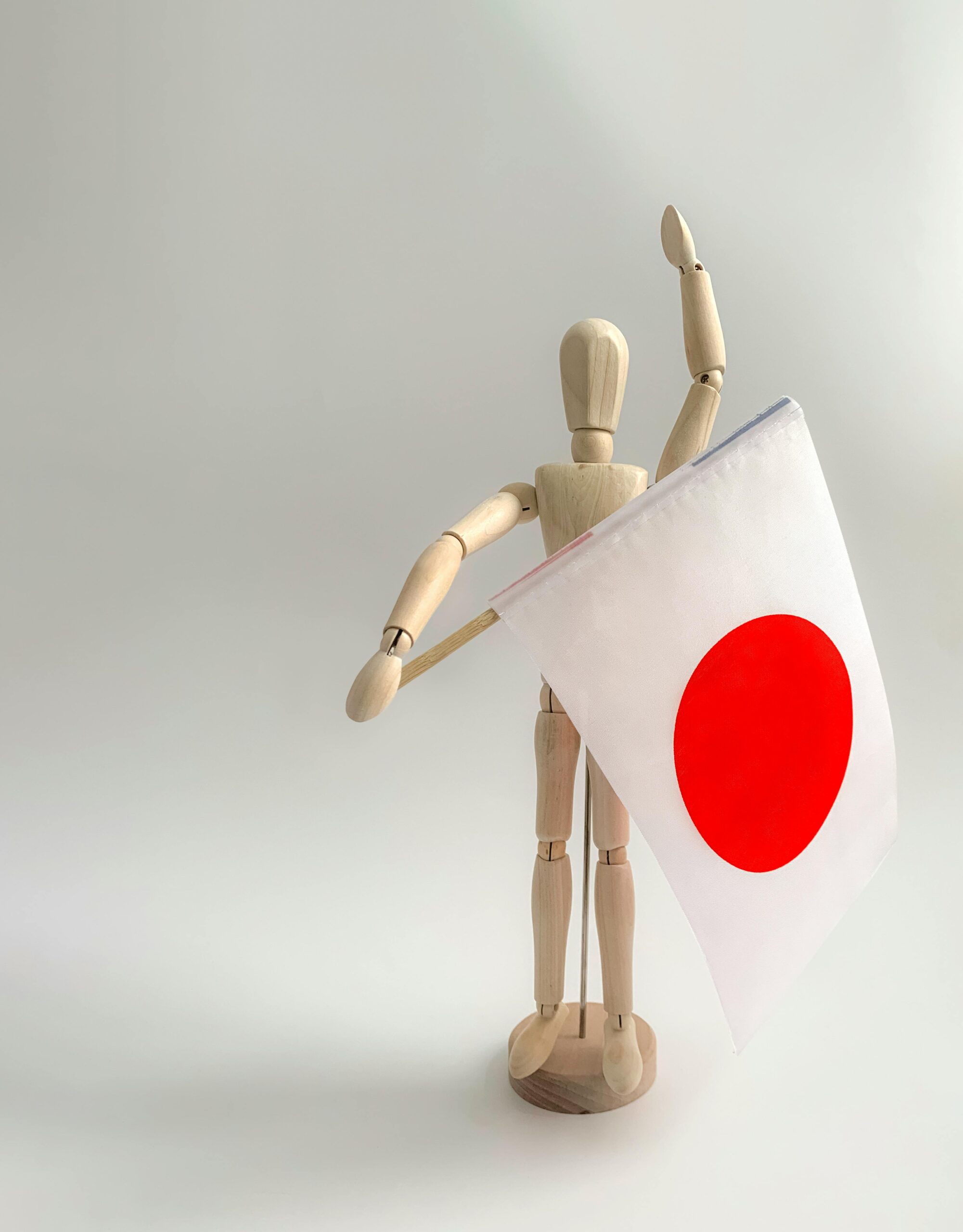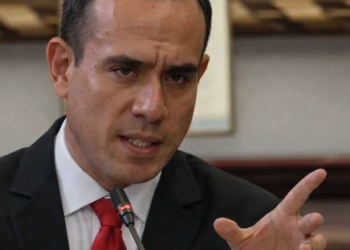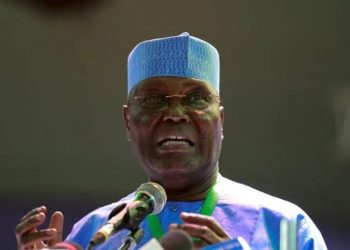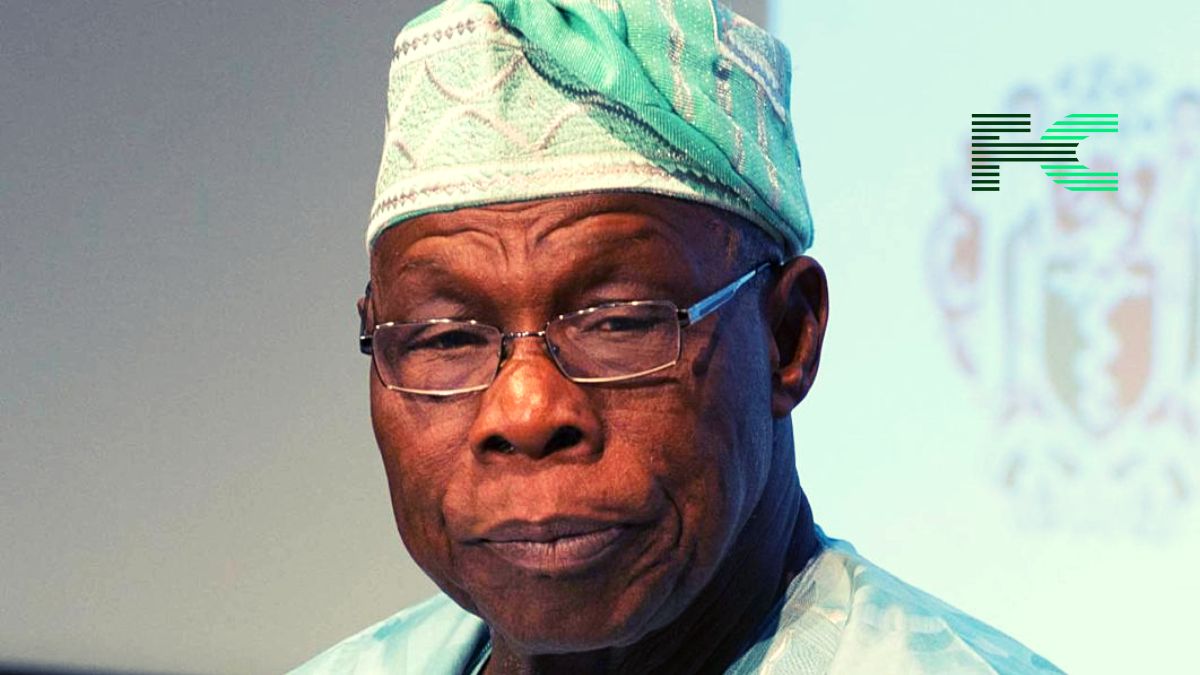Japan’s political stability faces a serious challenge following the recent general election, where Prime Minister Shigeru Ishiba’s scandal-tainted ruling coalition fell short of the strong mandate it sought. The funding scandal, which has eroded public support, casts a shadow on the fourth-largest economy globally and has driven the yen to a three-month low. Experts now anticipate potentially prolonged political wrangling as parties negotiate to form a viable government, with Ishiba’s leadership future uncertain.
A Gamble Gone Wrong?
In an attempt to solidify his leadership, Ishiba called for a snap election nearly a year ahead of schedule, hoping to gain public confidence following his recent appointment as the Liberal Democratic Party (LDP) leader. His strategy, however, faltered. Just weeks before the election, reports surfaced of unrecorded donations to LDP lawmakers and support for scandal-tainted candidates within the party. This revelation intensified voter resentment toward Ishiba’s handling of the scandal, which ultimately backfired, diminishing the LDP’s reputation.

Economic and Security Stakes at a Critical Time
Japan’s political shake-up comes at a pivotal time as it grapples with economic challenges and a tense regional security environment. Rising inflation and a cost-of-living crunch weigh heavily on voters. Additionally, Japan’s strategic focus remains on a firming U.S. alliance, especially amid heightened tensions with China and North Korea. The political turbulence comes just days before the U.S. heads to the polls for its own unpredictable election, potentially adding further complexity to Japan’s diplomatic positioning.
Election Results: A Shift in the Political Power
The LDP and its coalition partner Komeito took a combined 215 seats in the lower house of parliament, a significant drop from their previous 279-seat majority. Two cabinet ministers and Komeito’s leader, Keiichi Ishii, lost their seats, signaling public frustration. Meanwhile, the opposition Constitutional Democratic Party of Japan (CDPJ) gained traction, increasing its seats from 98 to 148, although still shy of the 233-seat majority needed to govern independently. CDPJ leader Yoshihiko Noda has expressed a desire to work with other parties to challenge the incumbents, though analysts consider this scenario unlikely.
Ishiba’s Leadership at Risk
With a vote for premiership looming on November 11, it’s unclear whether Ishiba can survive the fallout from this electoral setback. Tobias Harris, founder of Japan Foresight, notes, “It seems unlikely that he (Ishiba) will survive to lead a new government as prime minister … though it is possible he could stay on as caretaker.” Smaller parties, which made gains in the election, may play a decisive role in the upcoming negotiations.
Bottom Line
Japan’s political landscape is at a crossroads, with economic, social, and security stakes higher than ever. The LDP’s loss of support reflects a broader public dissatisfaction with the government’s response to corruption and economic challenges. Whether Ishiba can navigate this political crisis or if new leadership will emerge remains uncertain. One thing is clear: Japan’s next steps could shape its political and economic trajectory for years to come.

















